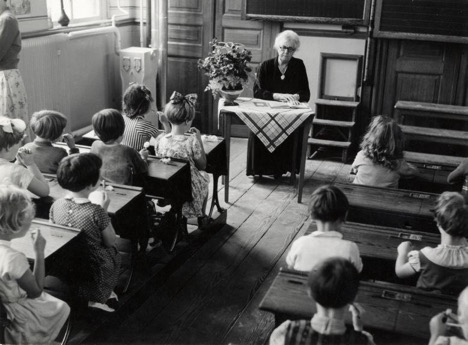

- © 2003 - 2024 Dynamix Productions, Inc. Contact Us 0



“Education is the kindling of a flame, not the filling of a vessel.”
Socrates
What young person really knows what they want to be when they grow up? Very few of my childhood friends are still on the path they laid out early in life. Most of us have zig-zagged through careers, including me. Unlike today, if you wanted to be an audio engineer in the 70's like I did, there were very limited educational opportunities. Most recording engineers started as musicians or disc jockeys and fell into the job. As a teenager in the late 70's, I was into music more than anything. I hung out in radio and TV stations and got my first exposure to a "real" recording studio in a friend's basement. I was a child of tape. In fact, as a child I ran around my house with a cassette recorder taping anything that I found interesting. I would often shove a microphone into the face of a shy family member, who would naturally be at a loss for words. But when a teen nears graduation, the pressure builds into making that big life decision - "what will I grow up and be?"
I had many interests, but I gravitated towards the music option because music was fun and I was a decent trombone player. My grandmother, however, was blunt about my choice, "You'll never make it in music!" One day during this teen-fueled, soul-searching time, I saw an ad in a magazine touting a new recording school in Chillicothe, Ohio called The Recording Workshop (RECW). It was near us, so Mom and Dad took me up to see it. I was in heaven. I distinctly remember the crystal clear sounds being pumped from the speakers in the carefully soundproofed studio. RECW was the first of its kind, a concentrated curriculum aimed at the art of recording. Several options were available, but the core schedule was only six weeks long and cost about as much as a few semesters at a college. Money was always tight at my house, so my parents and I decided that a college education would be a better choice.
So, with student loans and a scholarship in hand, off to college I went. I majored in music, going to three different schools. After a while I realized that my grandmother might have been right. I wasn't a virtuoso, trombone gigs were rare, and I didn't want to teach music. So I seized the first job opportunity to work in a recording studio. I was mentored "on-the-job," as many of us were then. I just forged ahead, soaking up all I could by asking questions, reading books, and making a lot of mistakes. Do that year after year after year, and the schools that didn't understand our craft back then start asking you to teach their students. I've been very fortunate to share my knowledge with many young people that are eager to learn the art of recording.
Recording was never part of any college program when I started college. RECW was the only option, other than broadcast and engineering schools that focused more on broadcasting, announcing, and electronic training. It wasn't until the mid-1980s that some music schools started to add programs in music management, with some training in recording arts. Slowly, schools started to view our industry less as "button pushers" and more as a discipline. This is when the giant in the audio education world started to stomp on the naysayers. Full Sail University brought credibility to recording arts by offering 2-year programs, accreditation, and certificates. They pushed standardized testing, much like the medical and law community demand. Their graduates began working in the best studios, usually running from the get-go. They now offer 48 programs, including recording, video, media, entertainment, and marketing. Degrees range from certificates, associates, bachelors, and masters. And get this - right now, there are almost 16,000 students. Many graduates are at the top of their field and are highly respected.
Full Sail and RECW aren't the only schools out there now. I'm grateful that young people have so many options when it comes to audio education. Many also supplement audio with video, game design, web design, and announcing. Plus, many schools almost demand that students learn the basics of business. The well-rounded recording engineer is not a fantasy anymore, it's a reality.
What did all those years in music school teach me about recording? I learned how to listen and differentiate tones from each other. I concentrated on music theory and arranging, so I learned where to place tones against each other. I learned how to perform in front of people and how to continue playing when you make a mistake. I learned the discipline of practice, practice, practice, and that perfect practice makes perfect. I learned how to conduct and direct. I learned how to follow. I learned how to cooperate and blend with other players. I also learned that notes on a page are just lines on a map. It's the musician that turns the notes into music.